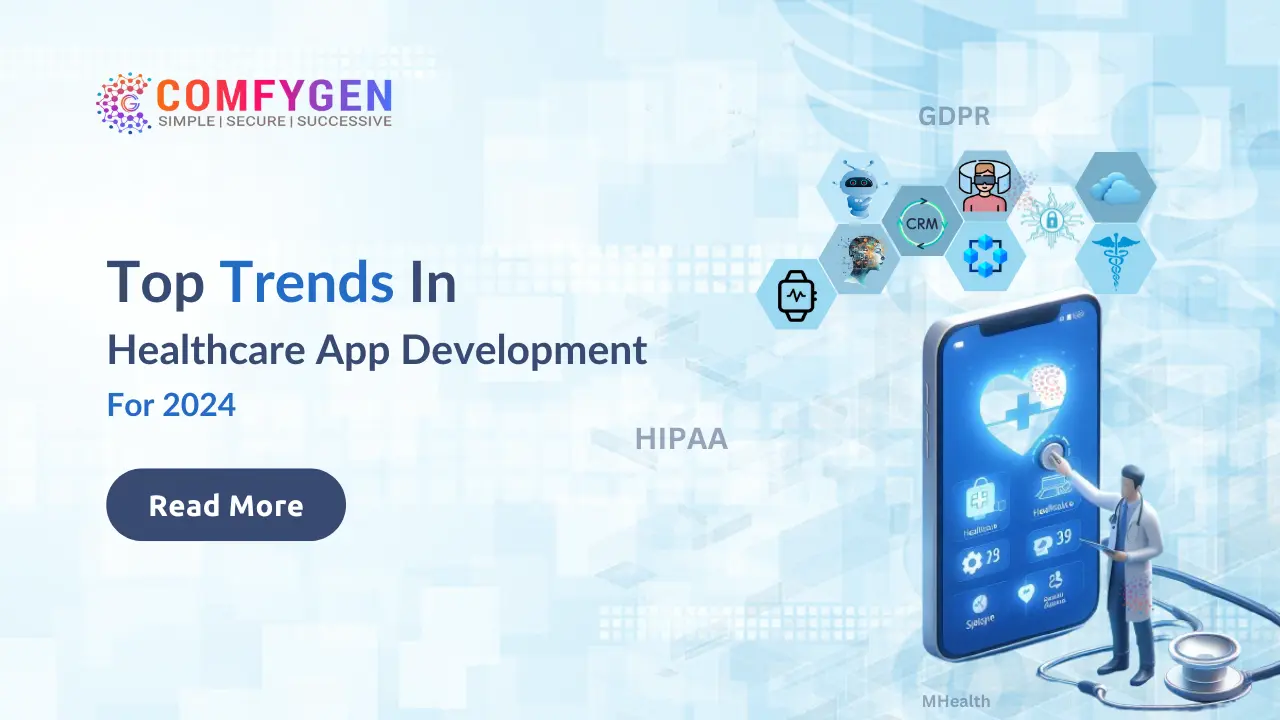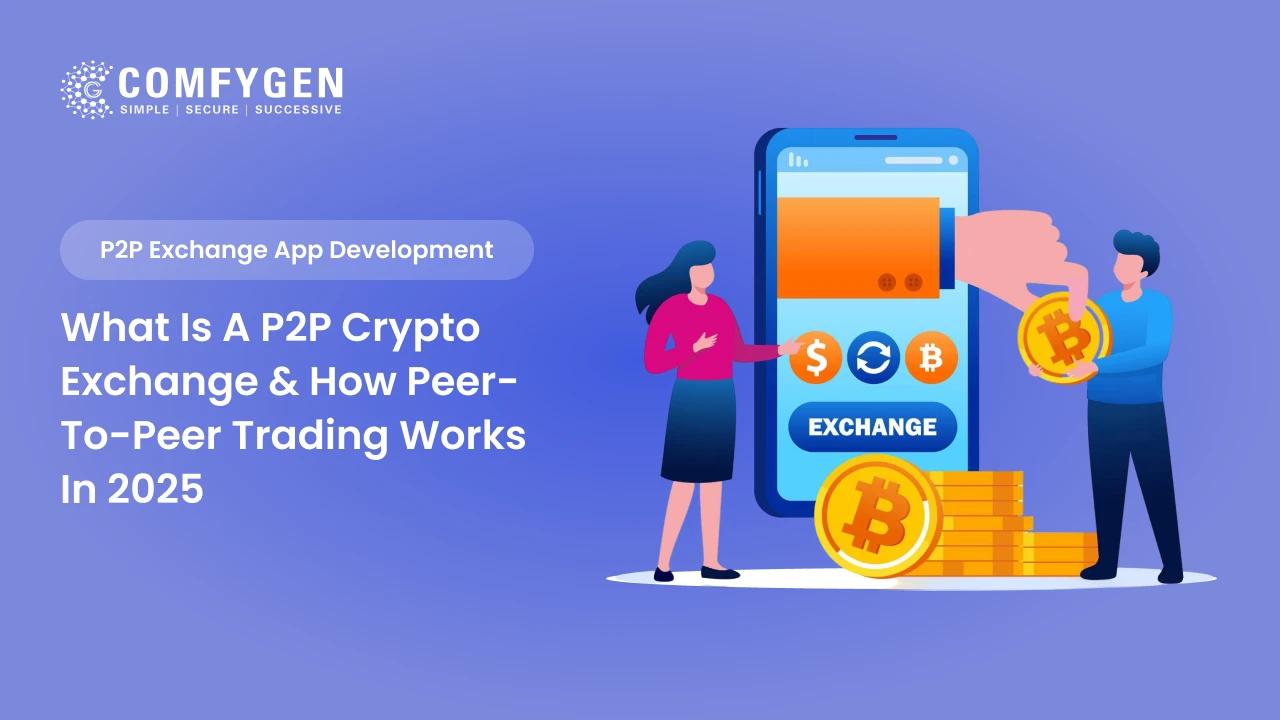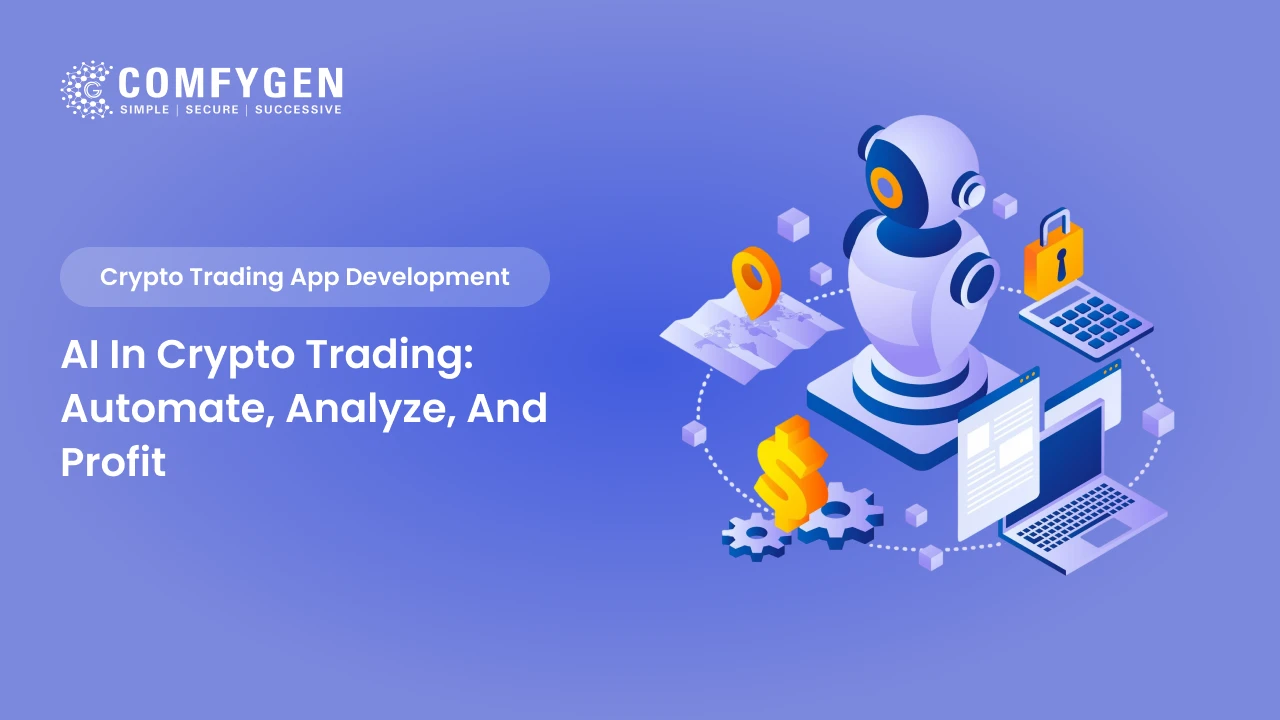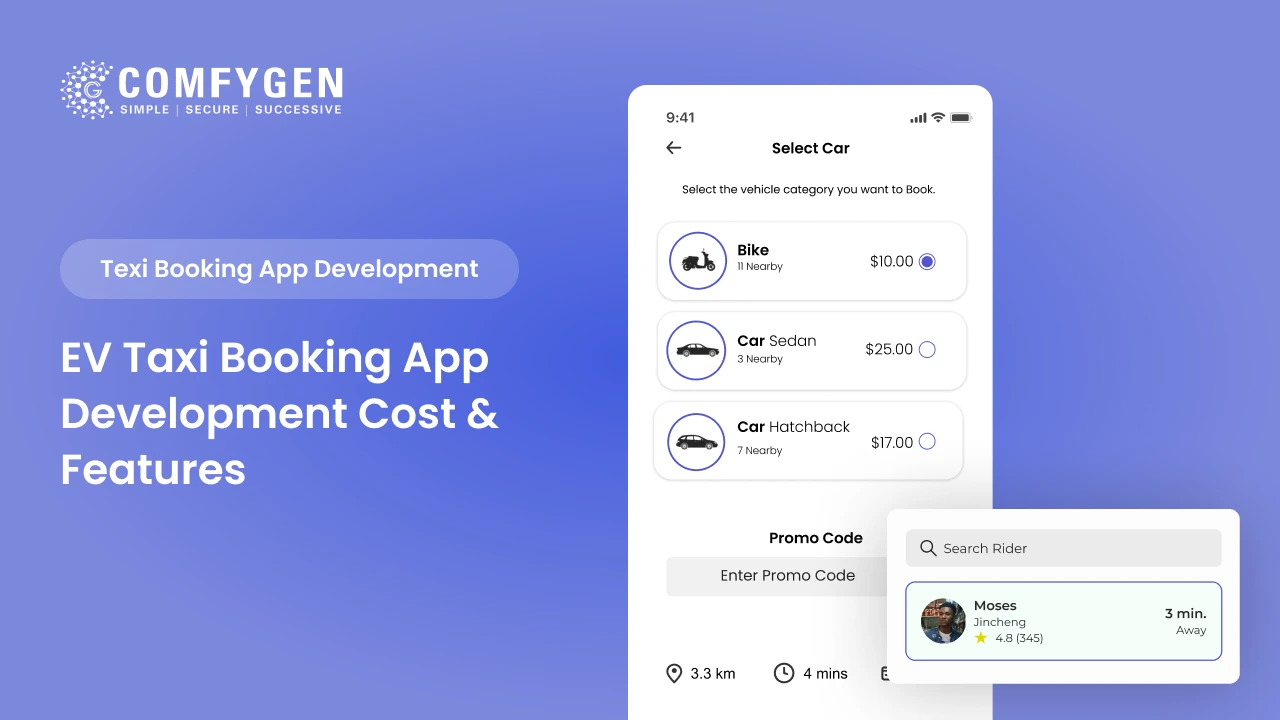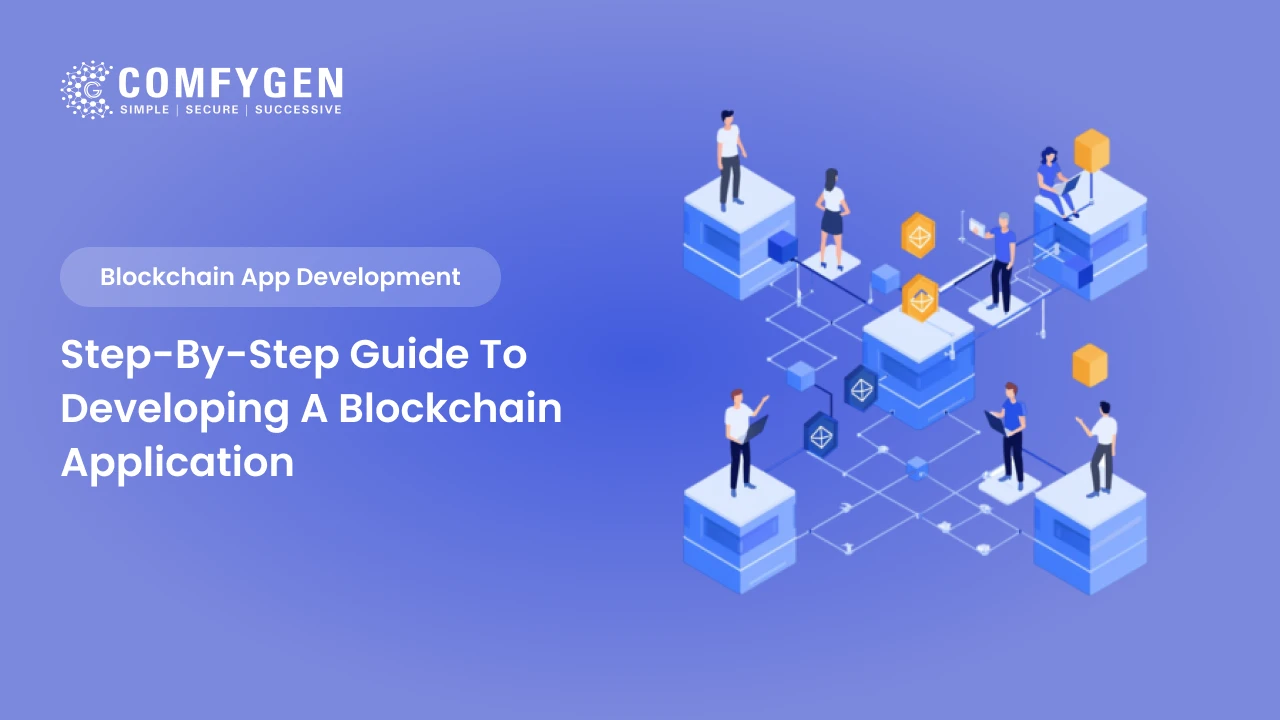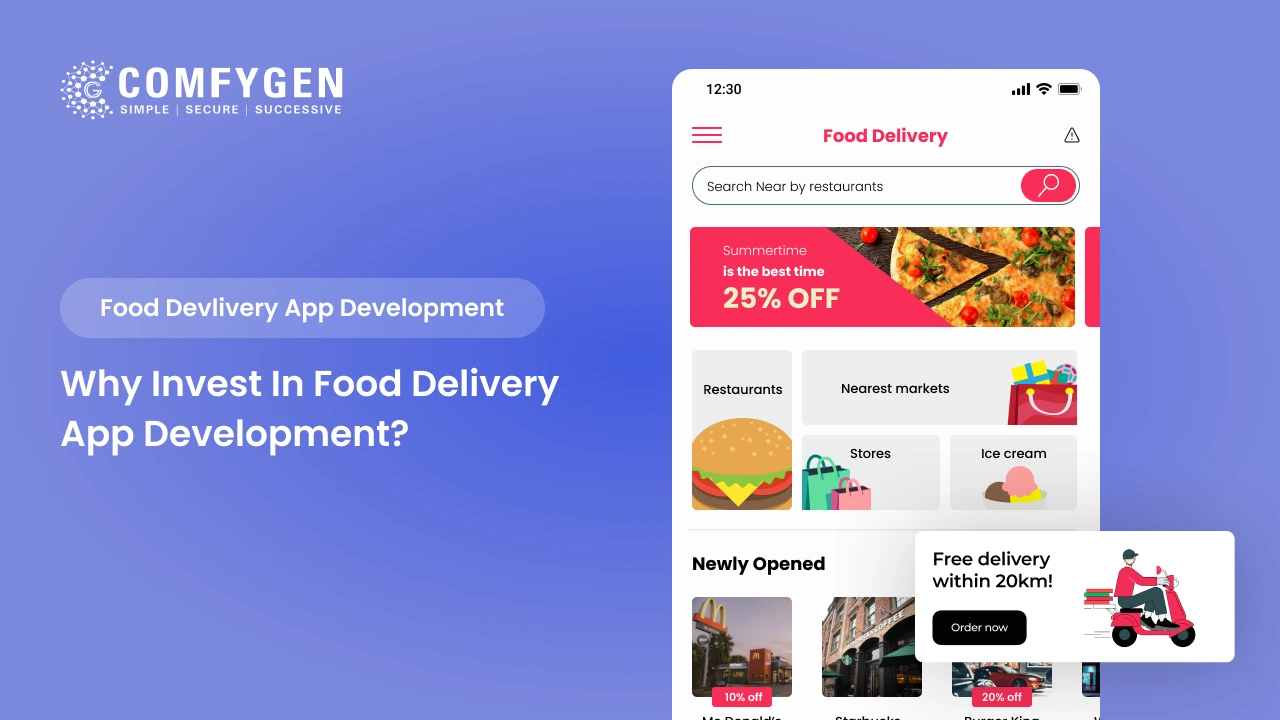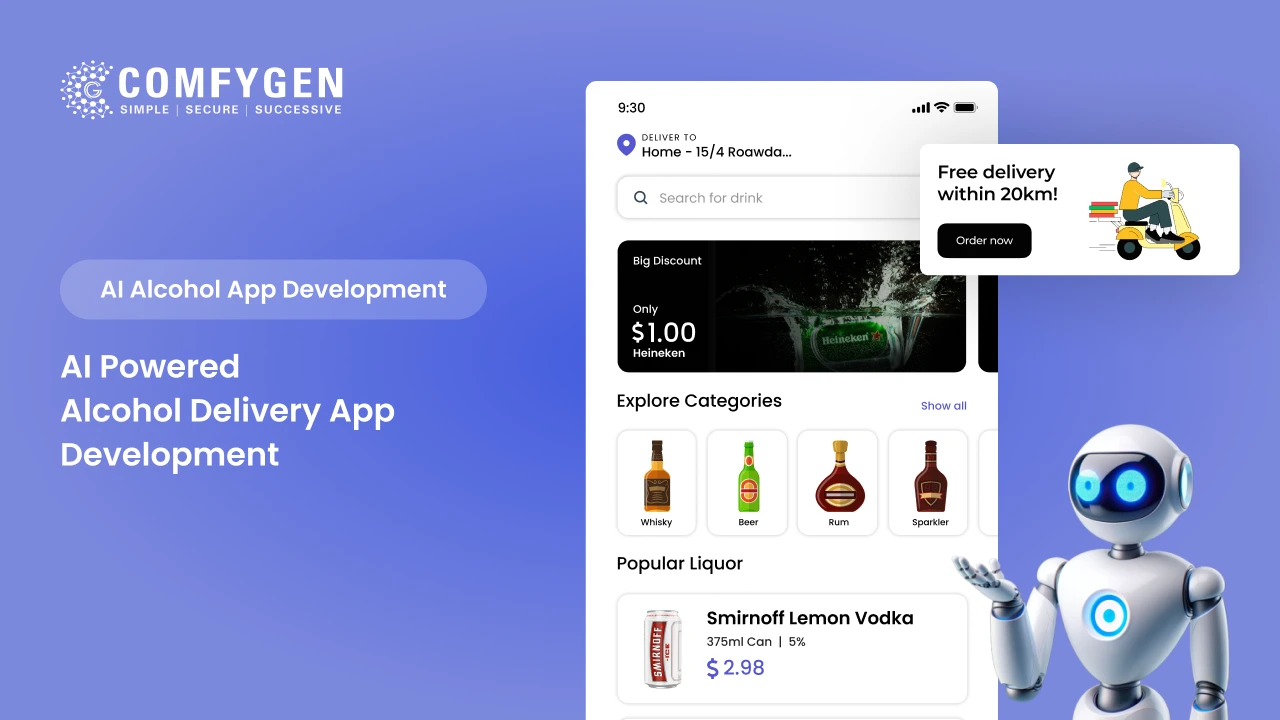Top Trends In Healthcare App Development For 2024
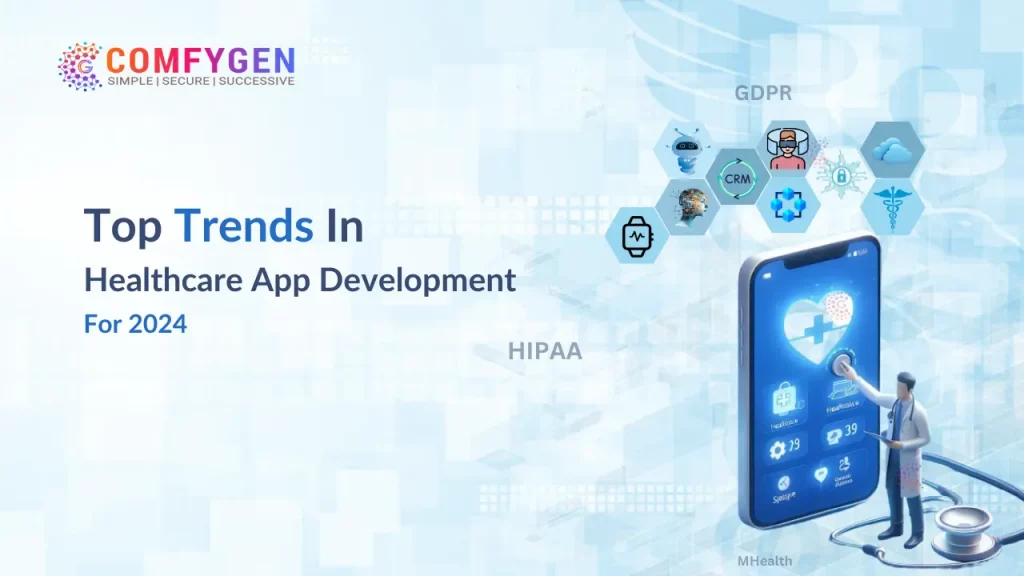
Healthcare application development is a sector that has many trends and new developments. Healthcare applications are very much in demand as doctors and patients equally use the applications to connect and streamline treatment plans. In the healthcare sector, the use of technology and IT through applications is a necessary step because people need quick healthcare services and medicines at their fingertips.
Healthcare application development companies can create a strong and useful application that is used majorly by patients and primary caregivers to ensure that the right kind of healthcare is available to people when they need it. Creating a healthcare app from scratch is all about accessibility and convenience in the healthcare sector. At the forefront of the digital health revolution, you can always find healthcare apps that are the most useful for caregivers and patients.
Market Stats
In the last decade, the valuation of the healthcare application development market statistics was at $17.19 billion dollars in USD. In this decade, the healthcare application market is going to expand at a pace of 45 percent every year. The rise of digital transformation of healthcare systems is something that has expanded the market for healthcare applications that assist in multiple healthcare processes and monitoring. In the market, app developers have seen rapid penetration of mHealth technology, which has brought health to the fingertips of the general public.
The reason that healthcare and fitness tracking apps are so popular in certain countries is that the use of smartphones and tablets has been very high in countries like Mexico, Brazil, and India. The use of fitness products and training purposes is the leading category in healthcare applications, with more than 36 percent of penetration in the market. While non-AI-enabled mHealth apps have dominated the healthcare application market in the past decade, there is now a tremendous rise in AI as a trend in the market.
Overview Of Healthcare App Development
A healthcare app development company in canada takes up the process of healthcare app development to meet the market standards of healthcare software before launching it for the general audience. A healthcare mobile app development company can create an app that works across multiple devices and operating systems. There are different types of healthcare applications, including patient management systems, telemedicine apps, and fitness and wellness applications.
When creating a healthcare application from scratch, the development team has to create an application that is smooth working and has multiple features that are beneficial to the user base. The use of new trends and technologies in creating a good healthcare application is important so that the audience gets the most advanced type of application for their use.
Importance Of Staying Updated with Trends
For healthcare software development that creates an app that is the most updated and advanced, you need to stay in touch with the trends of the mobile health apps sector. The use of healthcare applications is done with the times as the health needs of people shift from one aspect to the other.
For example, Spo2 monitors in healthcare devices and apps have been introduced during the COVID-19 pandemic, with the need for blood oxygen monitors becoming apparent. During the digital health app development process, the healthcare application development agency needs to focus on creating an accurate blood oxygen monitor into the application for proper monitoring of the health vital signs. Apart from this, here are the most visible and adapted trends in the digital health app development sector.
Top 15 Trends In Healthcare App Development
1. CRM in Healthcare
The use of CRM in healthcare can be done smoothly with the integration of the digital application with CRM systems. CRM is usually used by companies that largely deal with customer service and industries. However, with CRM, the healthcare sector can also transform as hospitals use it to improve patient communication.
Patient interaction is very important in healthcare as patients need to feel at peace when visiting a healthcare institution. The use of CRM in healthcare can streamline processes and help with the quicker pace of delivery of healthcare services. Healthcare app development services use CRM systems with healthcare apps, and such systems bring clear interaction between the patient and doctor.
Also Read: The Comprehensive Guide to Healthcare App Development
2. Telehealth Expansion
The use of healthcare apps for telehealth services is a trend that has been in the sector for years and will stay as it evolves to be more advanced. The convenience level of an app is determined by the ease with which patients can reach doctors and get relevant health advice. The best way to do this is by integrating telehealth services into applications.
Telehealth services can be used through video calling and chatting with doctors so patients can share information about their health and get a virtual consultation. Telehealth services are great for patients who live in remote areas and do not have a proper hospital nearby. For patients who have mobility issues, telehealth services are great as these reduce the need to go to the hospital frequently.
3. AI And Machine Learning Integration In Healthcare Apps
AI and machine learning are branches of technology that help enhance user experience and provide benefits for patients from healthcare applications. A healthcare application can produce personalized recommendations and suggestions with the help of AI and data analytics. This can help improve people’s health monitoring and habits. AI and machine learning can also help you create more personalized profiles and medication reminders on the application.
Want To Integrate AI Into Your Healthcare Application?
4. Wearable Technology And IoT In Healthcare Apps
The integration of wearable technology and IoT development is necessary because the wearable market is booming, and smart tags and smart watches are all in demand. The connection of the healthcare app with your mobile devices and smartwatches can help with advanced health monitoring, real-time updates, quick data collection, and enhanced connectivity.
For the modern healthcare system and advanced healthcare apps, it is important to create an ecosystem of connected devices and healthcare apps that can help keep track of the health vitals and improve patient outcomes. This also improves the health consciousness of the patient and caregivers so that they can take active actions for the improvement of health.
Also Read: Healthcare Application Development | Benefits, Process, Features and Cost
5. Blockchain In Healthcare Apps For Security And Privacy
The use of blockchain is seen everywhere, and it can also be seen in advanced healthcare apps. Security concerns are often majorly raised by people who use healthcare apps regularly. It is important to understand that healthcare apps keep people’s electronic health records and also have the ability to store personal information for better health suggestions.
As sensitive information from people is stored in healthcare apps, strong security around the processes and data is needed, as there can be cyberattacks and security risks without adherence to guidelines. There are data privacy rules and HIPAA rules that every healthcare app has to meet. HIPAA compliance application development involves the use of blockchain technology as it protects patients’ data and keeps the data in a decentralized database so that hackers cannot access it. Moreover, data privacy protocols and encryption are also used to protect patient data and personal information.
Develop A Blockchain Healthcare Application?
6. Augmented Reality (AR) And Virtual Reality (VR) In Healthcare Apps
Augmented reality and virtual reality are very interesting technologies that can be used in different sectors. If you are building an ultra-modern healthcare app, you have to use AR and VR to take user experience to a new height. Even though healthcare app development costs might go up due to the integration of AR and VR, the returns on it are worth the investment.
AR and VR can be used to educate people about their own bodies and also help them get a real-world feel during teleconsultations. The use of AR and VR can create channels for interactive learning for both the patient and the doctor. For a patient, the AR and VR tech can be used to explain the health condition he is suffering from.
Also Read: Features of Doctor Appointment App Development
7. Mental Health And Wellness Apps
Mental health is a crucial aspect of health that many people became aware of during COVID-19 when they were struggling with social isolation and health struggles. Mental health awareness and help through healthcare apps and virtual counseling are features that people love.
People do not like to discuss their mental health needs openly, but they are more comfortable discussing this with certified psychologists and counselors through digital health applications. Tracking moods, virtual journaling, self-care tips, and other aspects are taken into consideration when creating the features of a modern healthcare app.
8. Patient Engagement And Gamification
When creating any user interface for the audience, the level of interaction the audience can have with it matters a lot. The whole idea of launching an app is to create scope for higher patient engagement and more actions from people’s side towards their health. With the help of clearly visible icons and navigation controls, healthcare application developers are creating robust channels of decisive patient engagement levels.
The use of gamified elements and flows inside the application can increase the usability of the application across different demographics. This way, users can engage with the healthcare app without worries and enjoy keeping track of their health. Daily game challenges related to health goals and interesting reminders are elements that can be integrated into the healthcare application.
Read More: Trends And Technologies In Medicine Delivery App Development
9. Regulatory Compliance And Data Privacy
When creating a healthcare app, it is important to understand that the application should be ethical and secure for usage across sections of the population. The healthcare app development company cannot ignore the need to adhere to security compliance guidelines and other rules to maintain data privacy. Data regulations and compliance with health protocols are absolutely necessary for keeping up with the demands of the healthcare industry.
Want To Develop Best Healthcare Mobile Application?
10. Interoperability And Health Data Exchange
Maintaining a healthy level of interoperability and data exchange in a healthcare app is necessary for the availability of good healthcare services. For high-quality and highly coordinated care for the patient, interoperability should be a must-have feature in a good healthcare app.
This ensures that different authorized devices and systems can connect with the healthcare app, and the data can be used for the benefit of the patient. While maintaining interoperability, the app should also focus on creating secure channels so that the data is not lost or stolen. Bringing interoperability and security to the same plane can be difficult, but professional software development teams can achieve this goal.
11. Cloud Computing In Healthcare Apps
Cloud computing and cloud space in healthcare apps can be used to maintain the data stored on the app in a flexible and highly scalable manner. Cloud computing is a process that ensures that the data that the patient shares with the app is stored in the cloud space and is accessible with authorization.
Scalable cloud computing systems offer large, virtual storage that can be expanded so that large data sets can be stored in the cloud space very easily. Cloud computing, with the help of server farms, can create a huge central repository for data so that the electronic health records of the patient stay safe and can be stored in one place. This also ensures that the data is updated seamlessly with time.
12. Big Data And Analytics In Healthcare Apps
Big data and analytics can be used very productively to take decisive actions on the healthcare app. This technology can also be used to improve the patient care extended to people so that their health outcomes automatically improve with time. Personalized treatment plans and recommendations for the prevention of diseases are all possible with accurate data analytics.
Collecting relevant health data and analyzing it to create the perfect treatment plan for the patient is a function of big data algorithms in the healthcare app. Big data can also be used for predictive analytics, which can be used to predict the menstrual cycle of a woman or monitor the health risks of a person based on their health vital signs.
13. Voice Technology And Chatbots In Healthcare Apps
A healthcare app will act like a health assistant to people who have it on a smartphone or wearable. It is important to add voice assistant technology and chatbots into the application so that users can seek medical help and health advice when possible. The healthcare application development company also uses chatbots and voice technology to track commands from the user so that use and navigation through the application are easy for the users.
Want To See A Demo Of A Healthcare App?
14. Focus On User Experience (UX) And (UI) Design
UI and UX Design aspects of the application matter a lot in determining the customer satisfaction that the app creates. A healthcare application will directly interact with the patients, and user experience is the most crucial aspect in making such an application popular. The application should be created in such a way that it is easy for a user to use the application and take care of his health without any hassle. The user experience should tick the boxes of being easy to use, easy to track and understand, and interactive as a health assistant.
15. Sustainability And Green IT In Healthcare
When using technology like advanced healthcare applications, it is also important to keep sustainability in mind because technology can also have a negative impact on the environment to a great extent. It is important to reduce the impact of such applications on the environment and use it in a sustainable way.
The use of cloud computing solutions so that physical hardware is reduced and optimized at data centers is a step towards reducing the carbon footprint of a healthcare application. Similarly, the use of healthcare applications plays an active role in the electronic shift of health records, which reduces the use of paper in the healthcare industry.
Also read this blog to know about the cost of healthcare apps : How Much Does It Cost To Develop A Healthcare Application?
Conclusion
The healthcare industry today is slowly transforming with digitalization. The use of digital healthcare apps can create a connected ecosystem for complete healthcare at home and virtual medicine doorstep delivery apps. Healthcare software development solutions can be customized to encompass digital healthcare trends.
The use of various technologies in the digital health software development process can help improve the benefits that the end users get from the application. With the help of a shore or offshore healthcare software development company, you can create applications that are specifically targeted towards the target audience of the healthcare sector.
Also Read: How To Develop An Online Pharmacy Apps Like Medscape
FAQs
Why is healthcare app software development important?
What are the types of healthcare apps that are developed in this sector?
What are the key features of a good healthcare app?
What are the healthcare regulations that you need to adhere to?
How is cybersecurity ensured in healthcare applications?

Mr. Saddam Husen, (CTO)
Mr. Saddam Husen, CTO at Comfygen, is a renowned Blockchain expert and IT consultant with extensive experience in blockchain development, crypto wallets, DeFi, ICOs, and smart contracts. Passionate about digital transformation, he helps businesses harness blockchain technology’s potential, driving innovation and enhancing IT infrastructure for global success.
Based on Interest
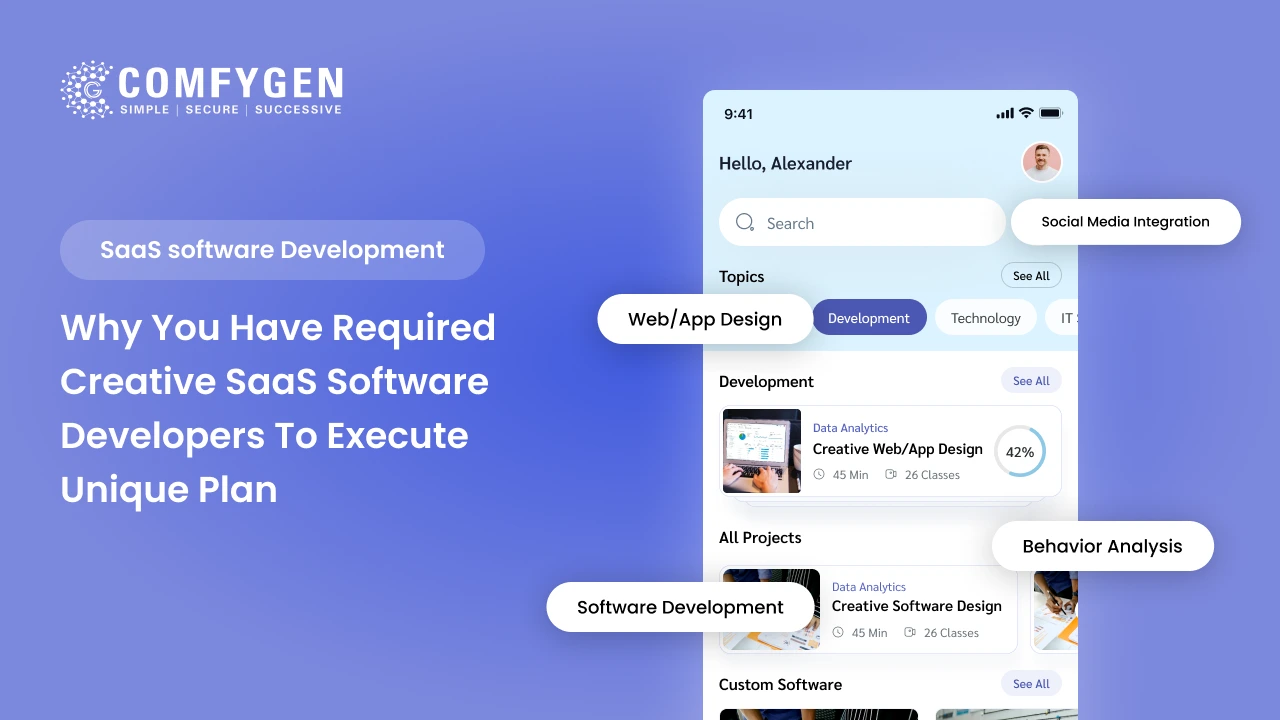
Why You Need Creative SaaS Software Developers for a Unique Project?
Businesses across industries are adapting Software-as-a-Service (SaaS) software solutions to streamline organization operations, improve customer experiences, and gain a competitive edge. However,…

